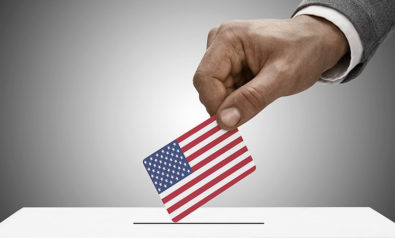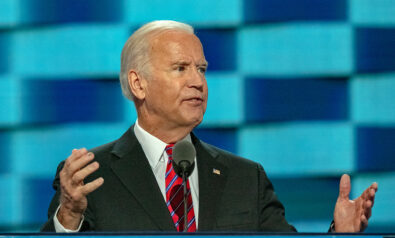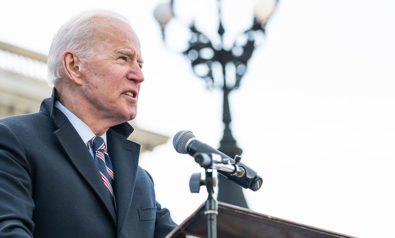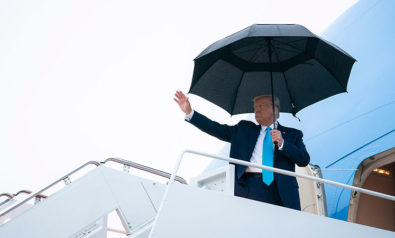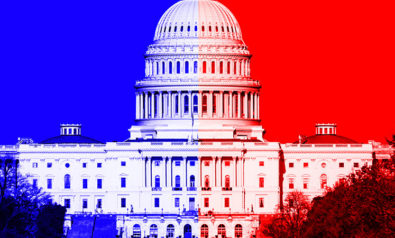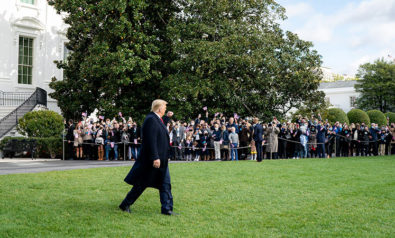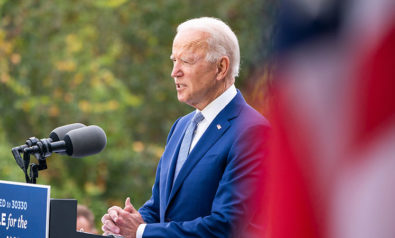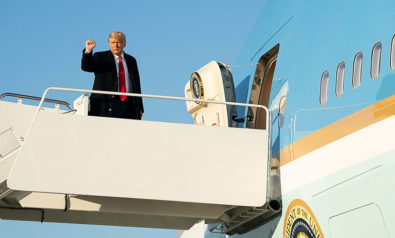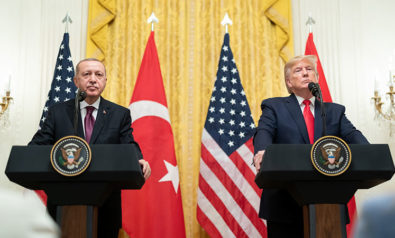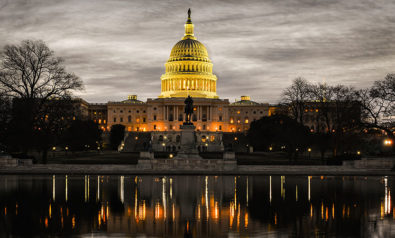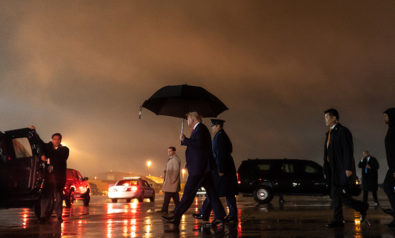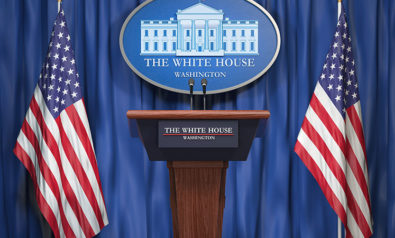Few major events occur in the world now occur without China having a stake, directly or indirectly, in their outcome. That is because Beijing has become a force to be reckoned with, and its influence has grown to rival or even surpass that of the US in many parts of the world. Just as elections throughout the world have historically implied some sort of impact on Washington, now the world is becoming accustomed to the same being true for Beijing.
The US presidential election is certainly no exception. At least part of the reason that matters to Washington is because, for the first time since America became a global superpower, it now has a proper peer. The former Soviet Union may have been a military peer, but it was not a peer on any other level. That is not true with China, which now rivals the US in some arenas or is on its way to doing so. In some aspects of science, technology, the global economy, diplomacy and political influence, Beijing is already more consequential to much of the rest of the world than America is.
360˚ Context: The 2020 US Election Explained
Given its single-minded focus on creating an alternative world order crafted in Beijing’s image, as well as the tremendous resources it is devoting to that task, there is little reason to believe that China’s trajectory will change in the coming decade and beyond. One could argue, in fact, that the outcome of the election matters almost as much to Beijing as it does to America, for it will define the type and scope of headwind Beijing faces for at least the next four years.
A second Trump term of course implies more of the same: trade war, challenging Beijing at every opportunity, the war of words, and not giving an inch on anything. But it also implies four more years of discord and disarray between America and its many allies. Both America and China have paid a serious price for having Donald Trump in the White House, but Beijing has certainly benefitted while Washington has suffered from the fractious nature of America’s relationship with its allies.
Under a Biden presidency, that is likely to be greatly reduced, which should concern Beijing a lot, for it has enabled the Communist Party of China (CPP) to act with virtual impunity on the global stage while America and its allies passively look on. That is what has enabled Beijing to expropriate and militarize the Spratly and Paracel Islands, bulldoze its way into more than 70 countries without opposition via the Belt and Road Initiative, and significantly increase its influence in the world’s multilateral organizations, among other things. That damage has already been done and, in truth, there is relatively little Joe Biden or any subsequent US administration may be able to do about it.
What Biden can do in response is repair those alliances and lead an effort to coordinate and unify the West’s future responses to Beijing’s actions. It is by acting in unison that the West will not only get Beijing’s attention, but begin to reverse the tide. Beijing has few real allies, and some of its “allies” have dual allegiances between Beijing and Washington. When push comes to shove in a time of crisis, Saudi Arabia, for example, is not likely to pivot in Beijing’s direction, despite China’s growing economic ties with the kingdom. The same is true with a variety of other allies that China believes are in its camp but which Washington has cultivated over the decades. Beijing is a new arrival to the party.
So, what is at stake for Beijing is an unfortunate choice: endure four more years of Trump’s tirades or (at least) four years of a US administration that values America’s alliances and intends to reinvigorate them. Biden is not likely to try to reverse the course Trump has embarked upon with Beijing. That ship has sailed. US Congress is on board with Trump’s contention that Xi Jinping and the CCP are bad actors and that the Chinese government is America’s greatest adversary. Biden’s foreign policy is unlikely to be substantively differently oriented.
In that regard, while this is undoubtedly the most important election of most Americans’ lifetimes, it is also crucially important for Beijing. The gloves are off on both sides and they are not going to be put back on. The question is, does Beijing prefer Trump or Biden? While the answer is probably neither, knowing that bilateral relations are not going to revert to where they were under Barack Obama, Beijing may actually prefer Trump over Biden in the hope that the damage done to America’s alliances may become permanent. In the meantime, the CCP will continue to use Trump to whip up nationalism at home, which of course suits its ultimate objective of strengthening Xi’s and the CCP’s grip on power.
*[Daniel Wagner is the author of “The Chinese Vortex: The Belt and Road Initiative and its Impact on the World.”]
The views expressed in this article are the author’s own and do not necessarily reflect Fair Observer’s editorial policy.
Support Fair Observer
We rely on your support for our independence, diversity and quality.
For more than 10 years, Fair Observer has been free, fair and independent. No billionaire owns us, no advertisers control us. We are a reader-supported nonprofit. Unlike many other publications, we keep our content free for readers regardless of where they live or whether they can afford to pay. We have no paywalls and no ads.
In the post-truth era of fake news, echo chambers and filter bubbles, we publish a plurality of perspectives from around the world. Anyone can publish with us, but everyone goes through a rigorous editorial process. So, you get fact-checked, well-reasoned content instead of noise.
We publish 2,500+ voices from 90+ countries. We also conduct education and training programs
on subjects ranging from digital media and journalism to writing and critical thinking. This
doesn’t come cheap. Servers, editors, trainers and web developers cost
money.
Please consider supporting us on a regular basis as a recurring donor or a
sustaining member.
Will you support FO’s journalism?
We rely on your support for our independence, diversity and quality.



